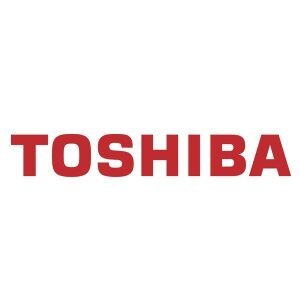por
Thomas Dworetzky, Contributing Reporter | April 04, 2017
It will be 2018 before Toshiba Medical Systems can change its name to Canon Medical Systems – thanks to delays caused by China.
“We don’t know whether China intentionally delayed the process, but it took Beijing too much time screening the plan, unlike Korea and other countries,” Charles Ju, president of Toshiba Medical Systems Korea, said at a news conference in Seoul last week,
according to Korea Biomedical Review.
He noted that due to the delay “Canon could take over the equities of Toshiba Medical Systems’ shares only after Dec. 19, 2016.”
Canon had asked agencies in a number of countries to assess if their deal with Toshiba was in violation of policies.
The nations involved had given the okay to the deal by mid-2016, except for China, which took nine months to review the arrangement.
This forced the later name change. “We have already made provisional registration of Toshiba Medical Systems to prevent others from using the name,” said Ju.
In January, China's Ministry of Commerce (MOFCOM) reportedly slapped a 300,000 yuan ($43,000)
antitrust fine on the deal.
The punitive measure was “for allegedly violating antitrust regulations with its acquisition of Toshiba Medical Systems Corporation,” according to China News.
The combined companies had revenues big enough to cross the threshold requiring a filing but they "did not declare in line with relative regulations" and the deal "did not have an outcome of precluding and restricting competition," according to MOFCOM.
The massive
Canon acquisition of Toshiba Medical Systems from its troubled former parent company closed in December, 2016.
The unique structure of the deal caused significant push-back by both jilted suitors and regulators.
Toshiba used a method to dodge potential legal entanglements in which it sold Canon an entity known as "MS Holding", a "special-purpose vehicle with but $300 in capital" formed solely to do this deal. The ploy took voting control from Toshiba Medical and gave it to MS Holding. This vehicle had only three shareholders — the former head of trading house Sumitomo Corporation, a lawyer, and an accountant. Each owned one-third of the entity.
The medical business went to Canon for over $6 billion and the deal got a regulatory nod of approval in May, but also earned a stiff warning.
“We decided to make an announcement about the warning to let everyone know that it is not acceptable, so the same method won’t be used in the future,” Takeshi Shinagawa, director of the Fair Trade Commission's (FTC) mergers-and-acquisitions division, stressed at a news conference at the time.
One losing bidder in particular, Fujifilm Holdings, took its ire public, stating that it "would make a mockery of the law."
"It is a method that companies like ours, with open, fair and clear policies, could never consider," it said in a public letter.
Fujifilm was displeased with the FTC decision to let the Canon-Toshiba deal go through. “We demand an explanation for why the scheme was allowed this time when it is not going to be accepted in the future,” the firm said at the time. “It was an unfair fight for us.”
